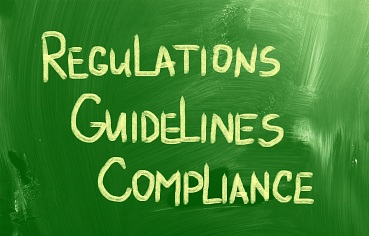Advising researchers on how to balance science and ethics

date: 18/02/2014
Project: The Ethical GovernAnce of emergIng techn...
acronym: EGAIS
See also: CORDIS
Contact: http://www.unicatt.it/
EGAIS researchers identified ethical governance approaches after they examined the EU’s monitoring of ethical aspects of emerging technologies, including ICT research projects. The team then made suggestions on improving ethical governance by taking account of rules, values and contexts related to each new technology in a multi-faceted approach.
EGAIS team looked at how ethical norms are constructed and implemented in projects, using documentation and interviews with project leaders. The team then provided recommendations to policymakers and researchers to help them plan, implement and assess ethical governance in research.
EGAIS project member Norberto Patrignani says there is room for improvement in current procedures for ethical assessment of scientific and technical research projects in areas like nanotechnology, nuclear technology and genetics. “We found that current procedures lack ethical reflexivity and are not open to society,” he explains. “We concluded that research should concentrate on creating the conditions for a true dialogue between the fields of science and society,” he adds.
Patrignani, associate lecturer of ICT and Information Society at the Catholic University of Milan, Italy, says this dialogue implies that all relevant actors – from policymakers and scientists to industry and civil society – should be involved in helping frame the ethical rules. “Ethical governance of emerging technologies cannot be left in the hands of researchers only,” he explains.
EGAIS team thus developed a framework for improved governance mechanisms to identify and address potential ethical issues arising from new and emerging technologies in the early stages of development. The team recommends that European research focuses on process rather than outcome, involves all stakeholders and reflects on all the different views.
According to Patrignani, the project’s aim was not to set guidelines, but to develop methods and habits that would help reconcile science, technology and society through governance. “Ethical governance can become an open dialogue, and a legitimate and effective force in a manner that is consistent, assessable and repeatable,” says Patrignani.
The project team concluded that ethical guidelines were a starting point, and not an ending one. It was more important to embed ethical thinking into the process than to merely follow a checklist. That means policymakers should raise awareness of the importance of ethics in ongoing research, setting up expert panels on possible ethical issues, opening up any debate to the wider public and ensuring there are ethical review procedures.
Perhaps the most important recommendation of the project team is to provide training and support for researchers to identify and address ethical issues throughout the life of a project. “It would expose them to ethical reflexivity as a means of dealing with the idea of ethical issues,” concludes Patrignani.
